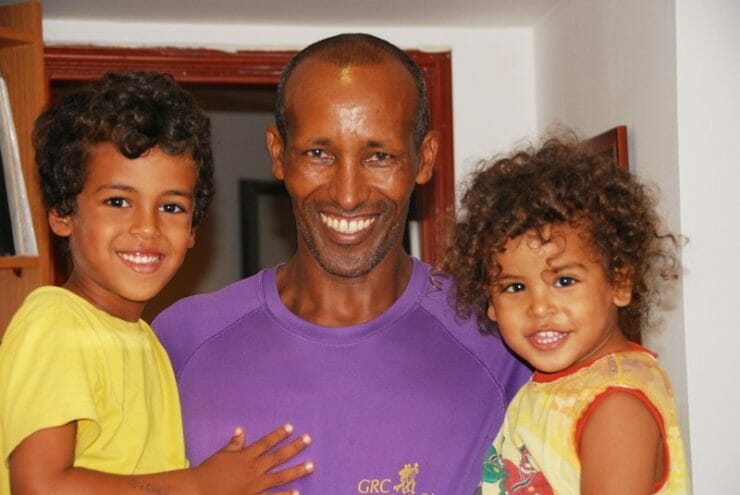
Summer vacation is an exciting, yet anxious time for many parents. Every year, parents want a break from taking care of getting up in the morning, preparing lunches, following timetables, driving the kids, checking homework and enforcing sleeping times. At the same time, they are scared of having to fill the huge amount of free time that school handles so brilliantly during most of the year.
I have 3 children and have those feelings every school break. In some of the places we lived around the world, our kids had many holidays besides the summer vacation, so the challenge was even greater. I count the days to the next break with my kids and mark it on our family calendar. As we get closer to it, I get a bit anxious, imagining them wasting time, watching TV or sticking their head in their computer for hours. Preparing and making plans for the summer vacation is the best way to get over this anxiety.
One of the greatest things to do with your kids during the summer vacation is take them on a trip. I have written a lot about traveling with kids. Gal and I traveled with our own children a lot and not only during the summer vacation, but throughout the years, even during school months.
We believe it is meaningful to do in every age (Tsoof was 2 years old when we traveled to China). It is good to have short and long travels (longer trips are better). Travel is good whether you are camping or staying at a fancy hotel. It is beneficial for your kids whether you travel in the same country or overseas, in the company of others or just with your family.















